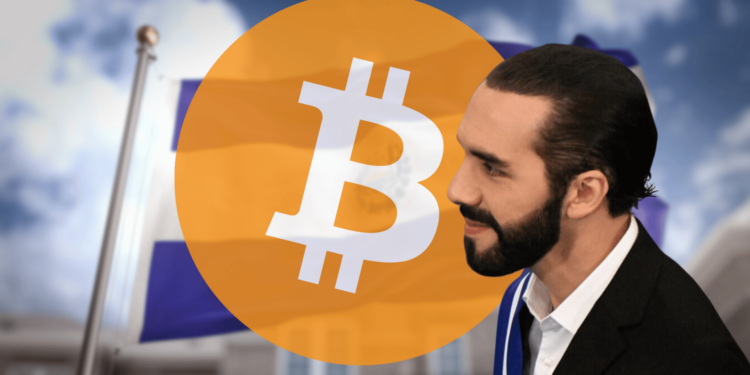- El Salvador plans to install Bitcoin nodes in every household, aiming to boost decentralization and citizen engagement with the Bitcoin network.
- The government currently holds 6,027 BTC worth $583.35M, despite mixed adoption of Bitcoin as legal tender since 2021.
- Critics, including the IMF, raise concerns over economic risks, while Tether’s headquarters relocation signals confidence in the country’s crypto-friendly stance.
El Salvador may be gearing up for another groundbreaking move in its Bitcoin journey. According to Max Keiser, Senior Bitcoin Advisor to President Nayib Bukele, one of Bukele’s 2024 resolutions is to install a Bitcoin node in every household.
The Bitcoin Journey So Far
In September 2021, El Salvador became the first nation to adopt Bitcoin as legal tender. This historic decision came with the launch of the Chivo Wallet, a digital platform to facilitate Bitcoin transactions. While the initiative aimed to modernize the economy and promote financial inclusion, its adoption among citizens has been inconsistent.
Critics have raised concerns about the financial risks involved, particularly for low-income households. Meanwhile, the government has doubled down on its commitment, building its national Bitcoin reserves to 6,027 BTC (valued at $583.35 million as of now).

A Node in Every Household: What It Means
The idea of installing Bitcoin nodes in every home underscores El Salvador’s push toward greater Bitcoin adoption. Running a Bitcoin node allows users to directly participate in the network, granting them more control over their transactions and enhancing decentralization.
However, the plan isn’t without challenges. Questions remain about the cost of equipment, electricity usage, and the technical know-how required for widespread implementation. While the government views this as a step toward empowerment, the practical execution might be more complex than it seems.
Attracting Global Attention
El Salvador’s pro-Bitcoin stance has already caught the world’s attention, further highlighted by Tether’s decision to move its global headquarters to the country. By securing a Digital Asset Service Provider (DASP) license, Tether has solidified its operations in El Salvador, signaling confidence in its regulatory environment.
While proponents hail this as a major win for the nation, critics, including the International Monetary Fund (IMF) and global rating agencies, remain skeptical. They warn of potential economic instability stemming from the heavy reliance on Bitcoin.
Looking Ahead
The ambitious plan to bring Bitcoin nodes into every home reflects El Salvador’s unwavering commitment to cryptocurrency. If successful, it could mark a new era of decentralized finance for its citizens. However, challenges related to infrastructure, education, and financial volatility will need to be addressed before this vision can become a reality.
For now, all eyes are on El Salvador as it continues to lead the charge in national-level Bitcoin adoption. Will this bold move pay off, or will it face hurdles too steep to overcome? Only time will tell.














